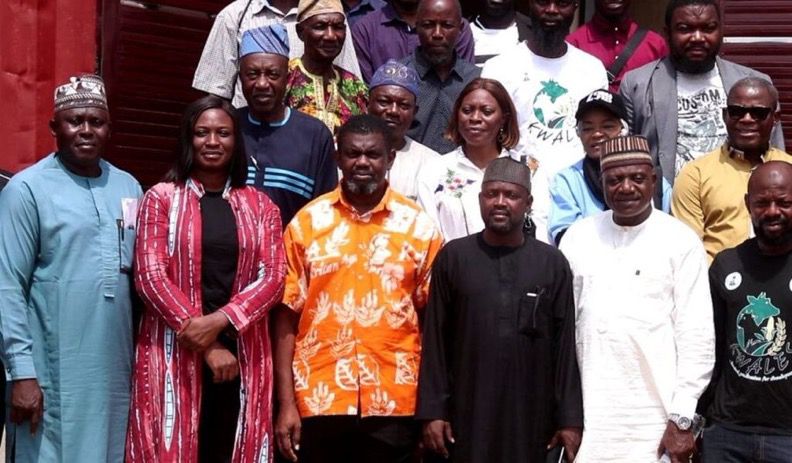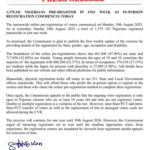Africa’s Richest Economy Moves to Tax Millionaires in Revenue Push

Nigeria, Africa’s largest economy, is embarking on one of its boldest tax reform drives in decades, with plans to place a heavier burden on the country’s wealthiest citizens in an effort to boost government revenue and address fiscal shortfalls.
At the heart of the reform is a proposal for a 25 percent personal income tax on individuals earning ₦100 million or more monthly.
Those at the lower end of the income ladder—particularly those earning ₦1.5 million or less—would be exempted, while the system would progressively increase rates as earnings rise.
Advocates of the policy say it mirrors global practices in advanced economies and could help narrow Nigeria’s wide inequality gap.
The urgency of the plan is underscored by staggering figures. Studies reveal that more than 99 percent of Nigeria’s high-net-worth individuals evade taxes, with only about 40 out of more than 115,000 complying with the law.
According to estimates by Oxfam and other fiscal policy groups, if implemented effectively, the wealth tax could generate between $6 billion and $7.5 billion annually—enough to double the country’s health budget or significantly expand social services.
This proposal comes alongside a wider reform package. In May 2025, Nigeria’s Senate passed four major tax reform bills, including an increase in value-added tax from 7.5 percent to 12.5 percent and the restructuring of revenue agencies, with petroleum-related tax collections now set to be overseen by the newly established Nigeria Revenue Service.
The lower house had passed its version of the package in March, signaling a strong push by the federal government to overhaul the system.
But the reforms are not without controversy. Regional divisions have already emerged over how revenues such as VAT should be shared.
Northern states, which rely heavily on federal allocations, have voiced concerns that a contribution-based distribution formula could leave them disadvantaged compared to southern states with stronger economic activity.
The debate has slowed legislative momentum and raised fears of renewed tensions along Nigeria’s long-standing north-south divide.
For President Bola Tinubu’s administration, the reforms represent a delicate balancing act. On one hand, Nigeria desperately needs to raise its tax-to-GDP ratio, which remains among the lowest in the world.
On the other, enforcing compliance among the wealthy—many of whom have historically used loopholes and influence to avoid taxation—poses a formidable challenge.
Economists argue that the success of the policy will depend on enforcement, transparency, and the government’s ability to convince citizens that taxes will be channeled into visible development projects.
If achieved, analysts believe the reforms could mark a turning point for Nigeria’s fiscal health, reduce reliance on debt, and set an example for other African economies grappling with similar challenges.









